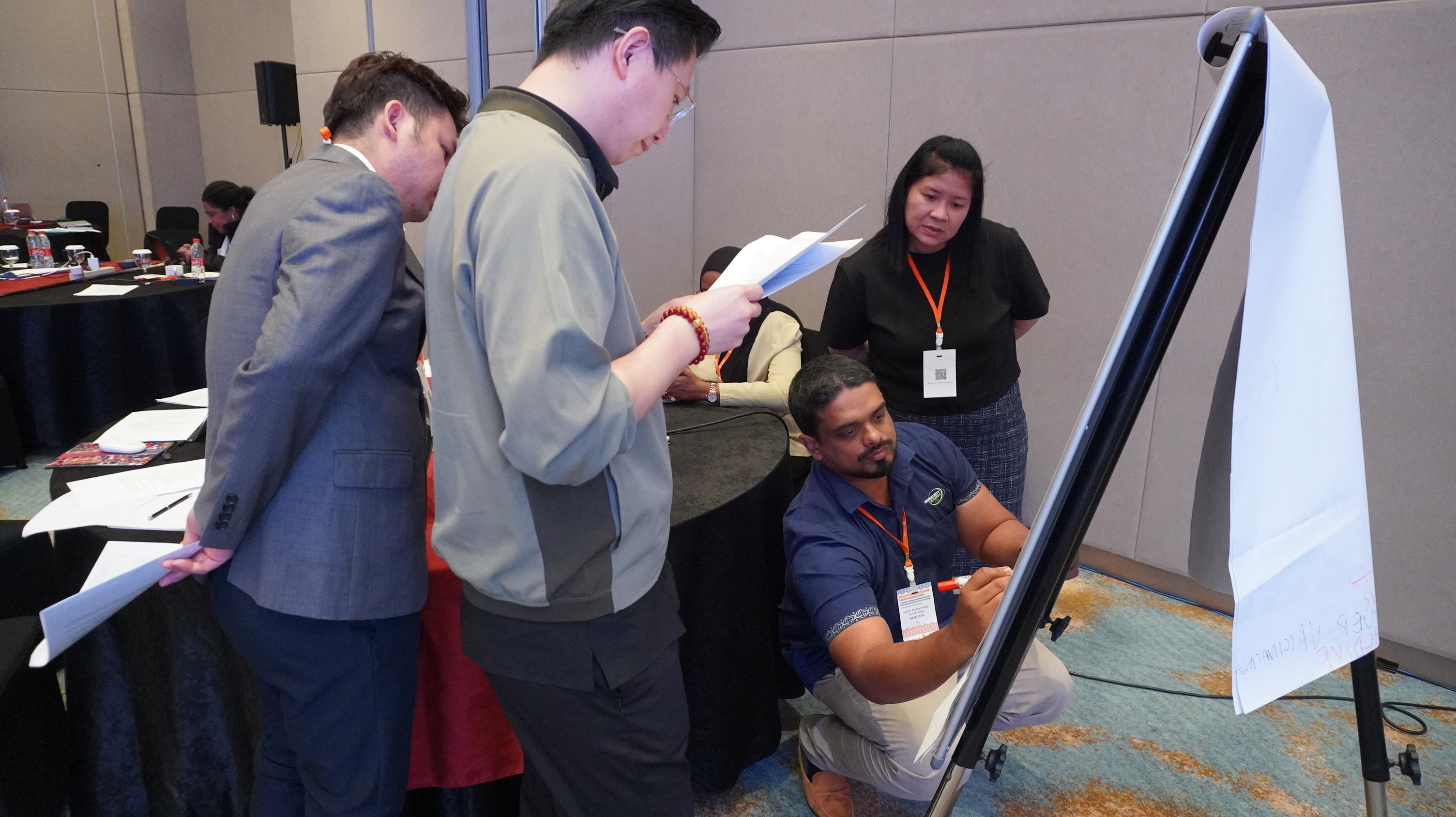
In April 2015, the FAO and WOAH (then OIE) approved the PPR Global Control and Eradication Strategy (PPR GCES) in Abidjan, Côte d’Ivoire, aiming for global PPR eradication by 2030 under the GF-TADs framework. A key objective is for non-PPR-infected countries to demonstrate PPR virus (PPRV) absence and achieve official PPR-free status.
Countries that have never reported or have eliminated PPR are encouraged to apply to WOAH for official recognition, complying with the Terrestrial Code. Applications must follow a standardised format, detailing veterinary services, disease surveillance, prevention, diagnostics, trade procedures, and contingency plans. Nations with no history of PPR may apply for historical freedom if they meet specific criteria.
To maintain PPR-free status and support eradication, countries must have robust emergency preparedness to prevent, detect, and respond to outbreaks, minimising economic losses and disease spread. The ASEAN PPR Preparedness Strategy (APPS) strengthens early warning and response to PPR incursions, protecting the region and supporting small ruminant sustainability. It aligns with PPR GCES and incorporates ASEAN-specific risk assessments.
This workshop aimed to help Members that have never reported PPR or have been PPR-free for three years prepare dossiers for official recognition and strengthen their capacity to prevent, detect, respond to, and recover from PPR outbreaks. Participants provided basic data on small ruminant populations and PPR surveillance to support work planning and tailored advice.
Co-financed by the PR China Fund and the US DTRA, the workshop:
Dates: 3-5 March 2025
Venue: Hybrid (Jakarta)
Participation: By invitation
Agenda (with presentations): PDF + linked presentations
Recommendations and the “way forward”: PDF



